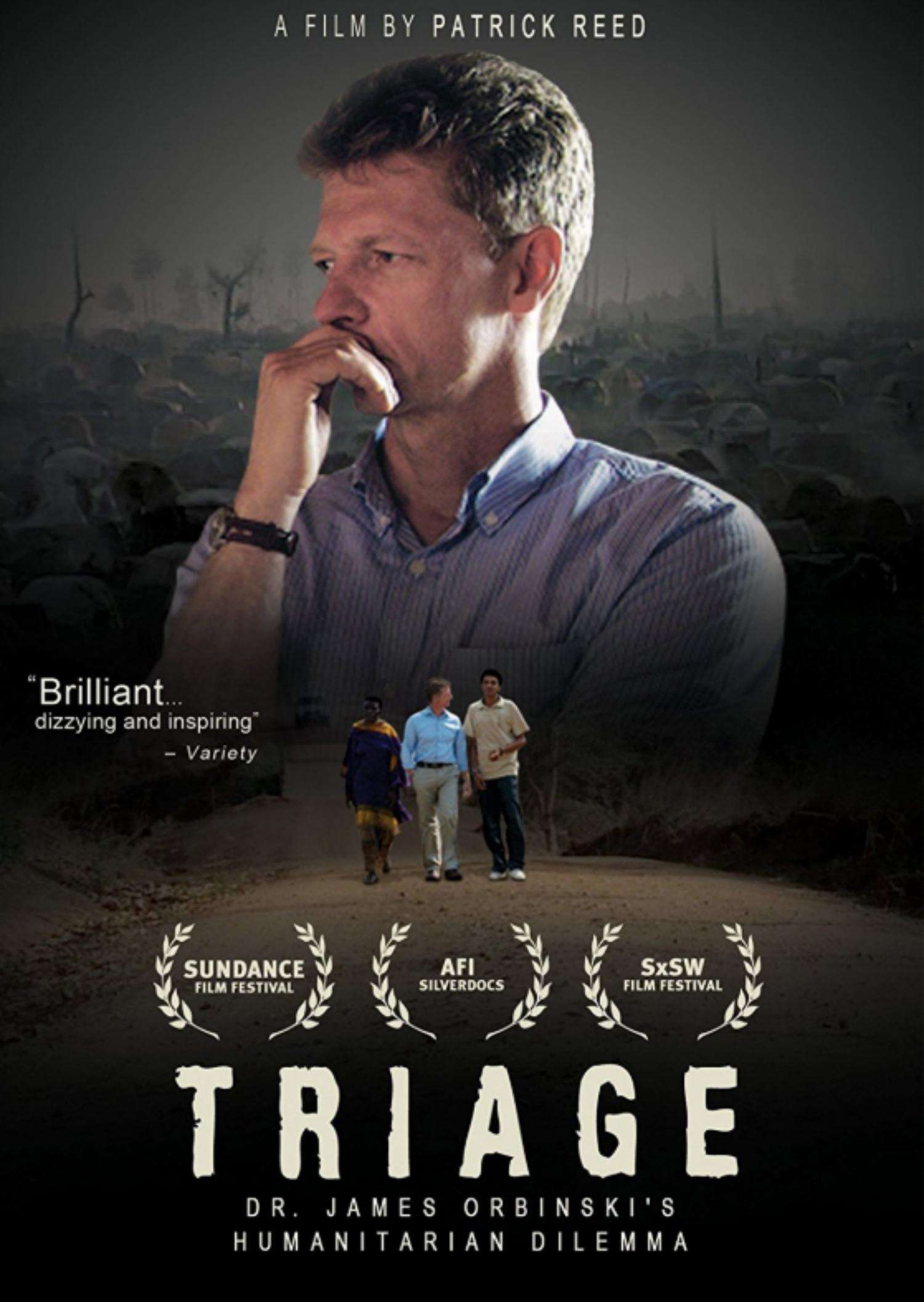Triage: Dr. James Orbinski's Humanitarian Dilemma
Former MSF president returns to Africa to reflect upon the medical services he rendered in the face of overwhelming suffering
90% of our funding comes from individual donors. Learn how you can support MSF’s lifesaving care with a gift.
Former MSF president returns to Africa to reflect upon the medical services he rendered in the face of overwhelming suffering

USA 2008 © MSF-USA
The massive suffering documented in Triage: Dr James Orbinski's Humanitarian Dilemma is difficult to watch, but it reiterates Orbinski’s overall message: that the only way to improve human conditions is to acknowledge hardship and to take moral responsibility for the prevention and alleviation of international atrocities.
Directed by Patrick Reed, this enlightening documentary portrays Orbinski as both the heroic winner of the 1999 Nobel Peace Prize’s for his work with NGO, Médecins Sans Frontières, and as an anti-heroic existentialist, whose cynicism towards failed government interventions impels him to travel the world in aid of those most unfortunate. As a result, ample interview footage of Dr. Orbinski’s recounting witness to the Somalian famine and the Rwandan genocide, edited with past video footage he shot during and after his African experiences, makes for gruesome viewing that may be too disturbing for some.
That said, appalling scenes in Triage are clearly meant to educate rather than to promote hopelessness. As Orbinski returns to both countries to visit memorials and to chat with survivors who remember being healed or even saved by this brave doctor, one understands Orbinski’s definition of true humanitarianism not as cowboy rescue tactics but as engagement with a community.
Scenes depicting his multi-faceted approach to helping others, ranging from fundraising to field work to authoring his book that is now available, An Imperfect Offering: Humanitarian Action for the Twenty-First Century, prove Orbinski’s dedication while illustrating what charitable work entails. Interviews with his wife, Rolie, and international affairs analyst, Gerald Caplan, further rescue Triage from being too heavily focused on Orbinski’s distressed processing of past traumas.
This film, and now the book, offer answer to a question Orbinksi poses midway through his remembrances, that is, how can one make rage useful? Orbinksi’s brand of activism may not be for all of us, but it does compel one to question the repercussions of one’s own actions.
© Médecins Sans Frontières 2024 Federal tax ID#: 13-3433452
Unrestricted donations enable MSF to carry out our programs around the world. While we try to honor requests to earmark, should we receive more gifts than we can use for a program, we will reallocate them where the needs are greatest.
For Donors
For Supporters
For Media
For Recruits
General Interest
© Médecins Sans Frontières 2024 Federal tax ID#: 13-3433452
Unrestricted donations enable MSF to carry out our programs around the world. While we try to honor requests to earmark, should we receive more gifts than we can use for a program, we will reallocate them where the needs are greatest.
Your gift helps us provide medical humanitarian aid for hundreds of thousands of people each year.
Learn more87%
Programs
12%
Fundraising
1%
Management & General Admin

We need your support to continue this lifesaving work.